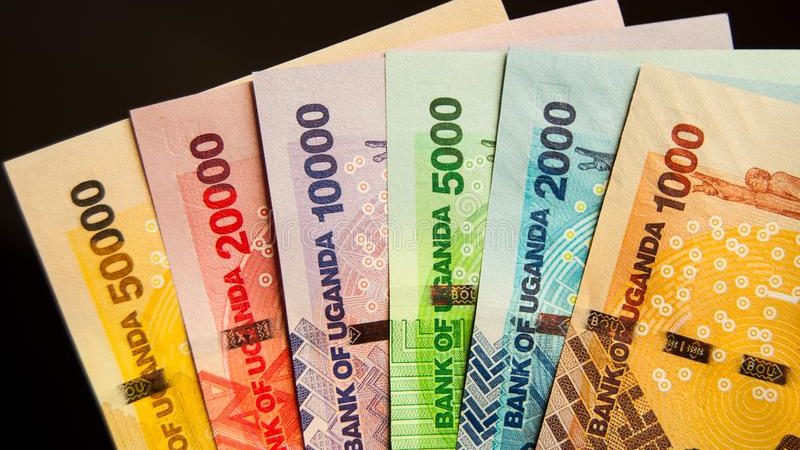A combination of strong inflows from portfolio investors and commodity exporters helped the local unit register gains against the Greenback during the week, Richard Nsubuga, Trader CIB Markets Absa Bank Uganda said.
The shilling touched February highs of 3660 / 3670 levels on Thursday morning, a level which attracted some corporate buying interest mainly from the manufacturing sector.
The local unit was seen trading at 3665 / 3675 levels, firmer than the week’s opening of 3675 / 3685 levels. We expect the currency to continue trading range bound between 3660 – 3700 levels in the near term.
He said the Kenya shilling was seen trading under pressure during the week, largely premised on persisting offshore interest. The Central Bank of Kenya was seen in the FX market selling dollars to support the shilling. The dollar-shilling pair was seen trading at 129.50 / 129.70 on Friday and is expected to continue trading within the 129.00-130.00 range in the near term.
Money markets were liquid during the week with overnight trades averaging at 10.49% while one-week trades averaged at 10.88%. Yields from Wednesday’s treasury bond auction dipped across all the benchmarks issued. This was largely triggered by massive offshore interest and improved liquidity in the money markets. The benchmark 2yr, 5y, and 15yr cleared at 15.749%, 16.250%, and 17.000% compared to previous levels of 16.00%, 16.75%, and 17.50%, respectively. A total of Shs1.560 trillion in Face value was accepted, reflecting a 158% acceptance level.
“The dollar declined during the week as market players continued to view President Donald Trump’s approach to tariffs as less aggressive than earlier feared. The dollar index was seen trading at 106.5 on Friday, compared to last week’s 108.47.” he said.
Gold gained value during the week rising to $2,930 per ounce on Friday, heading towards an eighth consecutive weekly gain, as U.S. tariff policies continued to drive safe-haven demand.
The West Texas Intermediate, WTI crude oil futures traded around $71.54 per barrel on Friday, amid rising supply uncertainty. Earlier in the week OPEC+ delegates suggested delaying supply increases, citing a fragile market and past struggles to meet output reduction targets.




















